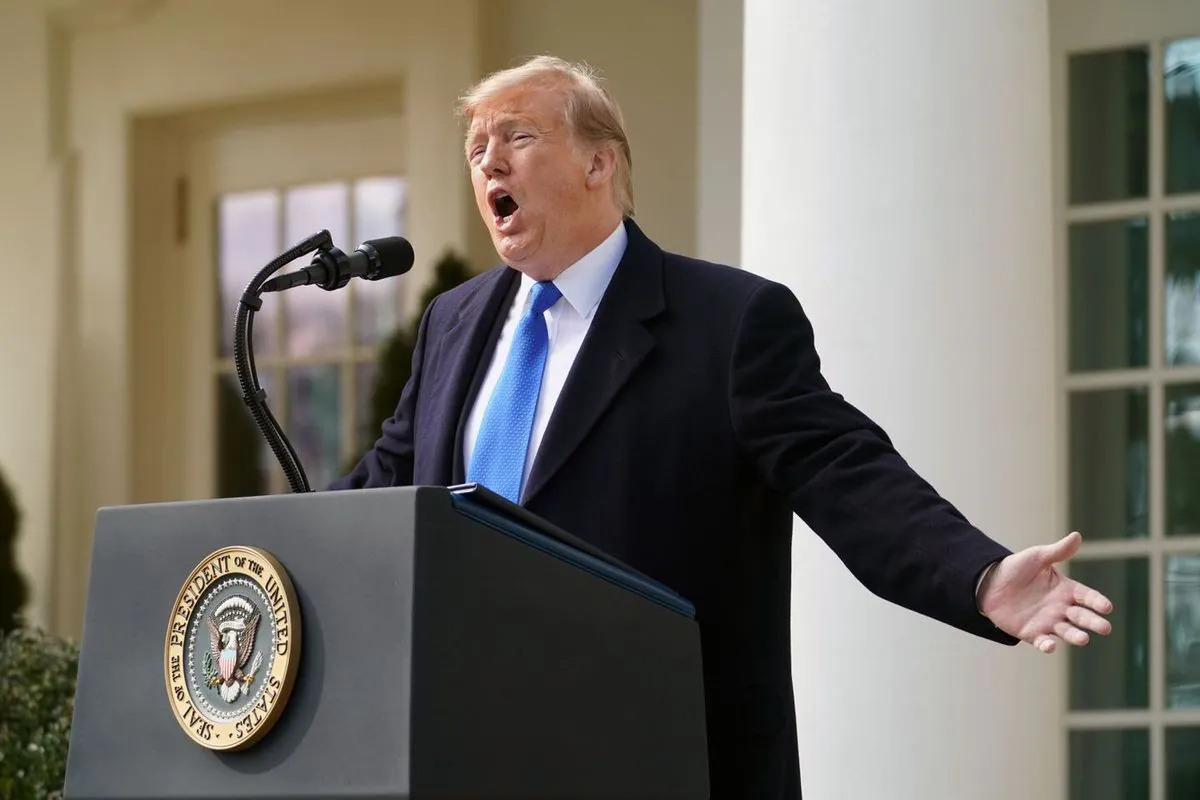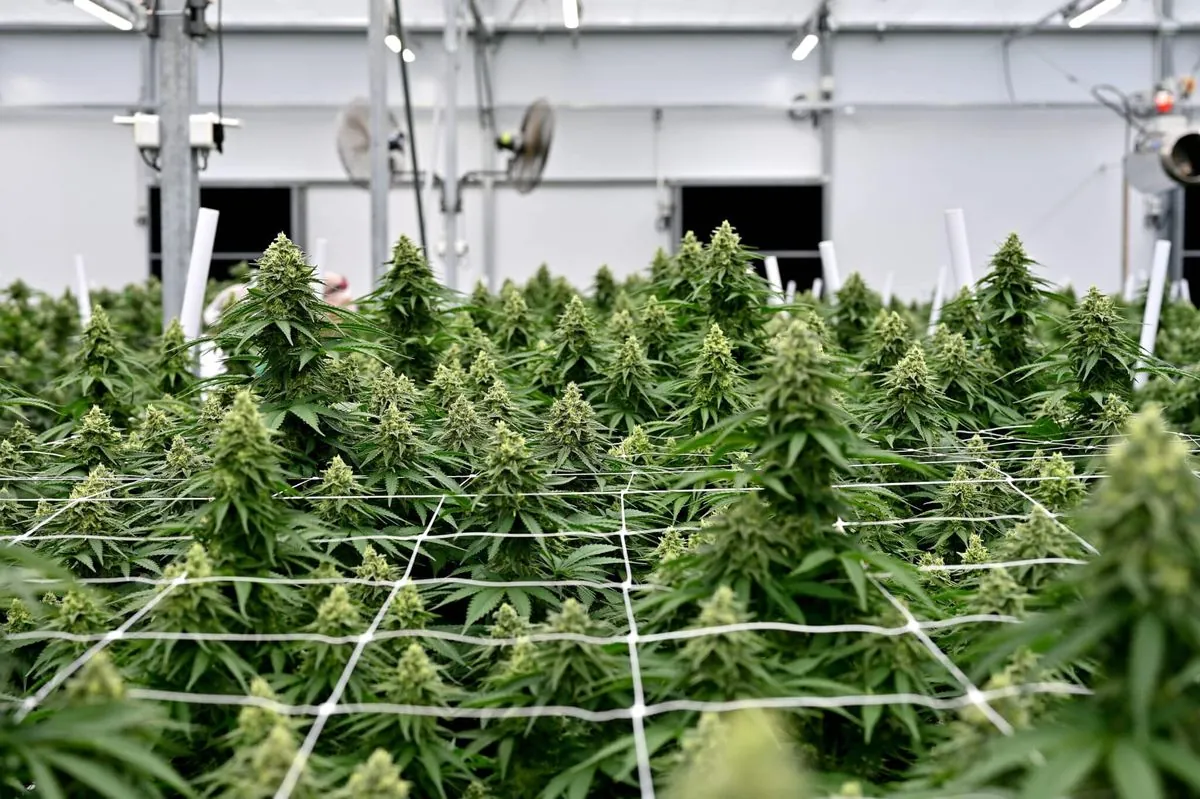Trump Signals Support for Marijuana Decriminalization, Citing Waste of Resources
Former President Donald Trump suggests backing marijuana decriminalization, emphasizing the need to avoid criminalizing personal possession and wasting taxpayer money on arrests.

In a significant shift in stance, Donald Trump has indicated his support for the decriminalization of marijuana, emphasizing the need to avoid criminalizing individuals for possessing small amounts of the substance. The former president's comments come as the debate over marijuana legalization continues to evolve across the United States.
Referring to Florida's Amendment 3, which aims to legalize possession and purchase of up to 3 ounces of marijuana for adults over 21, Trump stated, "Whether people like it or not, this will happen through the approval of the voters, so it should be done correctly." This statement reflects a growing trend in marijuana policy reform, with over 60% of Americans supporting legalization as of 2021.
Trump advocated for state-level regulation of public marijuana use, suggesting that lawmakers should create laws prohibiting consumption in public spaces. This approach aligns with the historical trajectory of marijuana regulation in the US, which has seen a gradual shift from federal prohibition, initiated in 1937, to state-by-state legalization efforts.
The former president highlighted the inconsistency in current laws, noting that an individual should not be considered a criminal in one state for an action that is legal in another. This perspective acknowledges the complex legal landscape surrounding marijuana in the US, where it remains classified as a Schedule I drug under federal law despite being legal in some form in nearly 40 states.
Trump emphasized the importance of resource allocation, stating, "We do not need to ruin lives and waste taxpayer dollars arresting adults with personal amounts of it on them." This stance reflects a growing recognition of the economic implications of marijuana policy, with the global legal marijuana market valued at USD 13.2 billion in 2021.
The former president also touched on public health concerns, mentioning the dangers of fentanyl-laced marijuana. This comment underscores the ongoing challenges in regulating the cannabis market and ensuring product safety.

The evolution of marijuana policy in the US has been marked by significant milestones. California became the first state to legalize medical marijuana in 1996, while Colorado and Washington pioneered recreational legalization in 2012. The discovery of the endocannabinoid system in the 1990s has contributed to a better understanding of how cannabis interacts with the human body, leading to the development of FDA-approved cannabis-derived drug products.
As the debate continues, it's worth noting that the United Nations removed cannabis from Schedule IV of the 1961 Single Convention on Narcotic Drugs in 2020, signaling a global shift in perception. Canada's legalization of recreational marijuana in 2018 further exemplifies this changing landscape.
Trump's recent comments represent a departure from the "war on drugs" rhetoric initiated by President Nixon in 1971, which heavily targeted marijuana. As public opinion and scientific understanding of cannabis continue to evolve, the conversation around marijuana policy reform is likely to remain a significant issue in American politics.
"We do not need to ruin lives and waste taxpayer dollars arresting adults with personal amounts of it on them, and no one should grieve a loved one because they died from fentanyl laced marijuana."


































